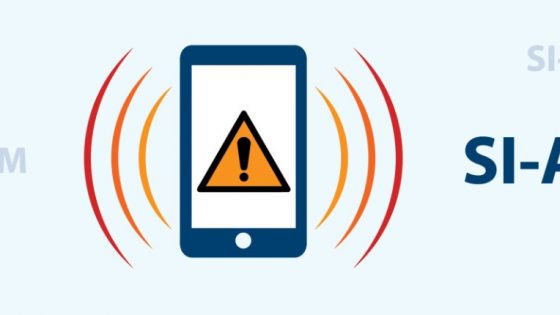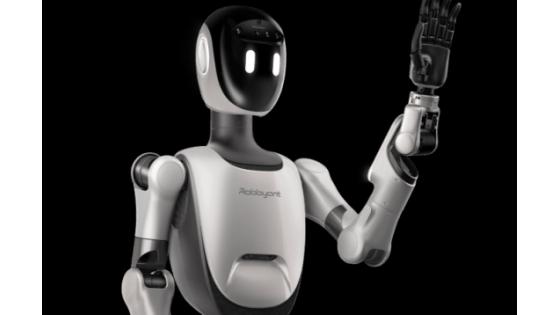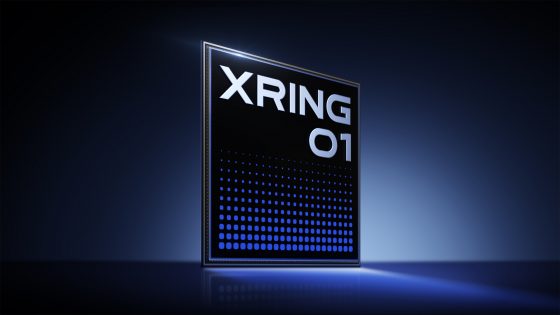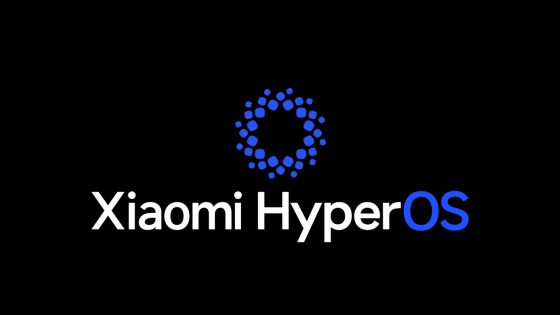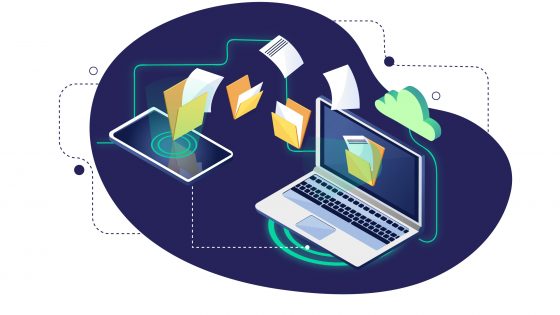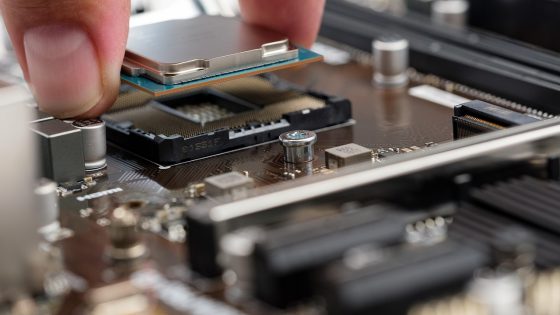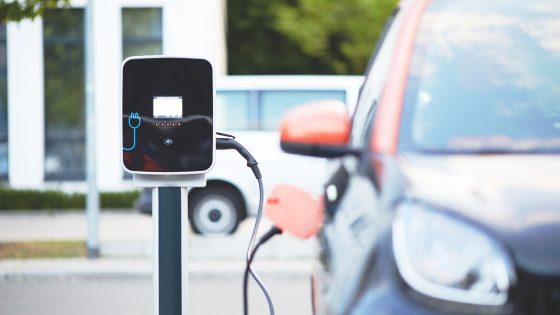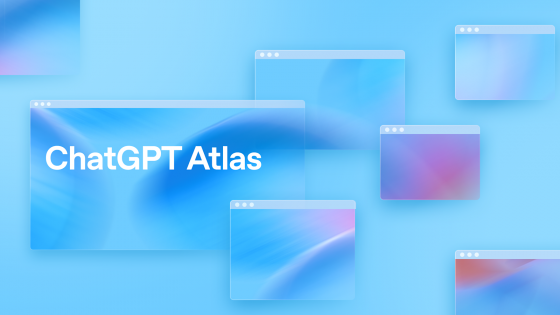South Korea is "improving" education
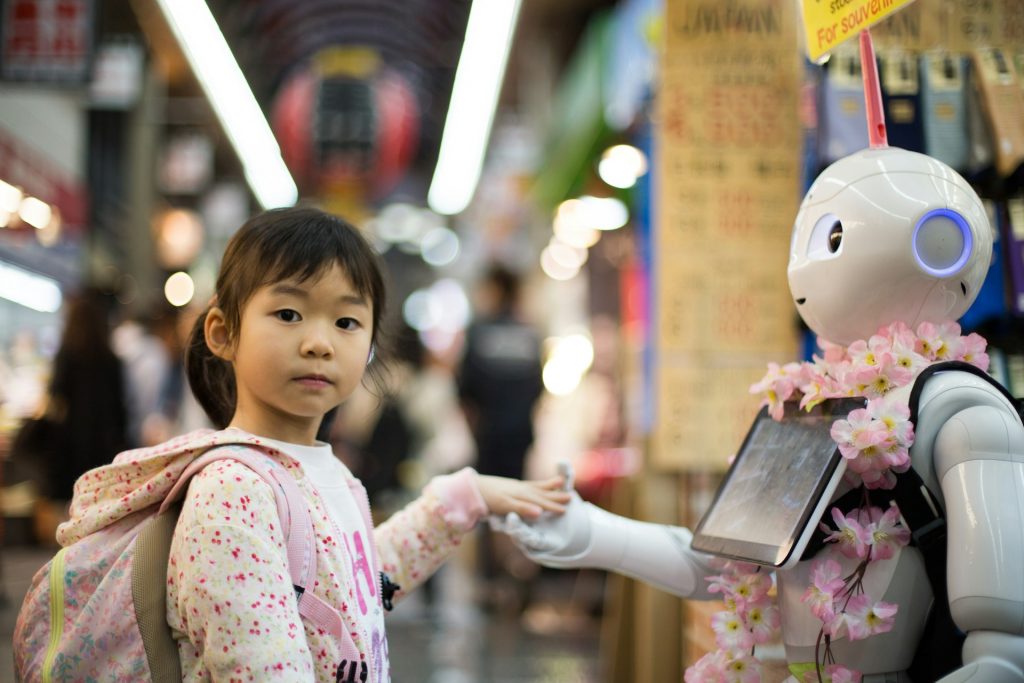
South Korea is a world leader in education innovation, with plans to introduce artificial intelligence textbooks into classrooms by 2025. This bold move is part of a comprehensive strategy to revolutionize the learning experience to make it more individualized and engaging. The announcement by the Ministry of Education marks an important shift towards a digital approach in education, which aims to meet the different needs of students.
Incorporating artificial intelligence into textbooks will enable a more personalized learning experience. These digital textbooks are designed to adapt to each student's individual learning pace and style. For example, students who need more time to understand basic concepts may receive recommendations for basic assignments, while students who understand concepts more quickly will be given more challenging assignments such as discussion and essay writing.
What are textbooks using artificial intelligence?
AI textbooks are digital textbooks that use artificial intelligence to provide personalized feedback and instruction to students. In contrast to conventional textbooks, which are static in both content and structure, textbooks with artificial intelligence can be adapted to the special requirements and wishes of each individual student. This allows them to provide a variety of options, including varying levels of difficulty, explanations, examples, exercises and assessments. In addition, textbooks with artificial intelligence can monitor and evaluate the learning progress and performance of students, identify their strengths and weaknesses, and provide customized recommendations and actions. The use of artificial intelligence textbooks allows students to learn at their own pace and in a way that is consistent with their individual learning style, while receiving constant support and motivation.
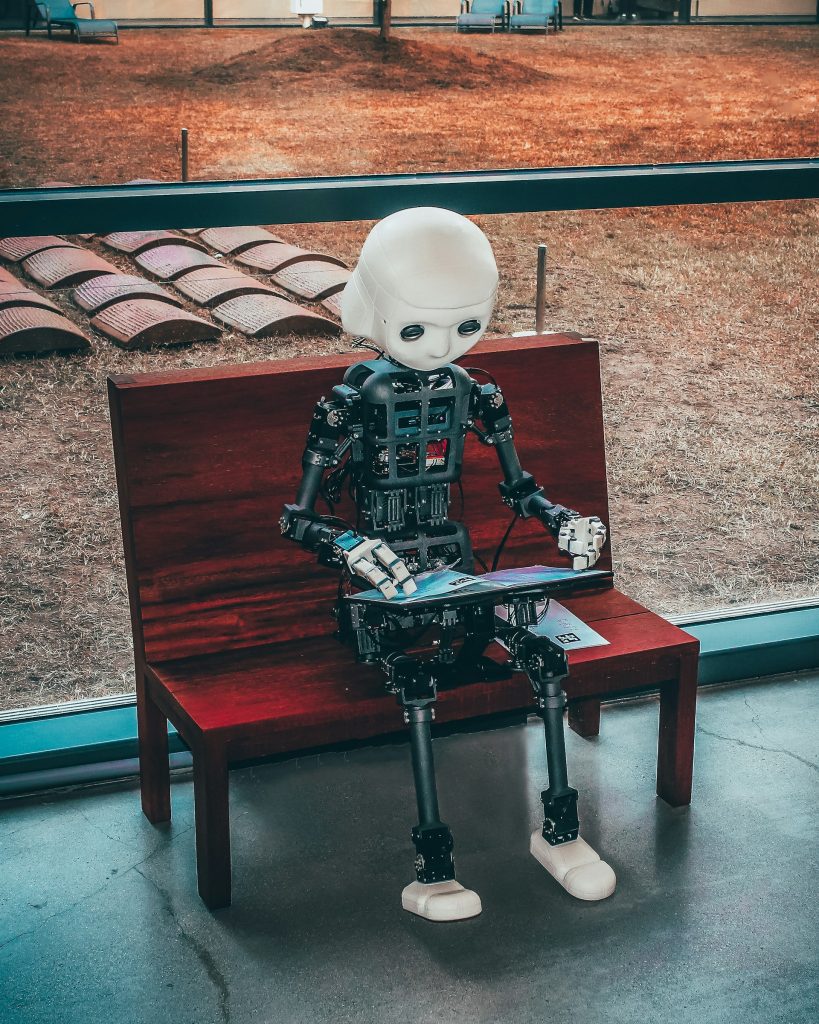
The initial implementation will focus on key subjects, including maths, English and computer science, for students in grades three and four of primary school, and for students in the first years of secondary and senior schools. By 2026, the program will be expanded to include additional classes and subjects. The goal is to achieve a comprehensive digital transformation of all subjects by 2028, except for those most suited to personal interaction, such as music, art, physical education and ethics.
In order to facilitate a smooth transition, the Ministry of Education also prioritizes the professional development of teachers. This includes designing customized pedagogical approaches that are consistent with new textbooks with built-in artificial intelligence. In addition, partnerships are being established between textbook publishers and EdTech companies to develop high-quality and ethically sound digital textbooks.
The benefits of AI-embedded textbooks go beyond academics to include social and emotional benefits as well. According to the Ministry of Education, these textbooks can facilitate the development of students' creativity, critical thinking, communication skills and collaborative skills, while promoting mental growth and a positive attitude towards learning. In addition, AI textbooks can reduce the workload and stress of teachers, who can improve their ability to support and mentor students with the data and insights gained from textbooks.
Additionally, AI-enabled textbooks can facilitate equity and inclusion in education by taking into account the diverse needs and backgrounds of students, including those with special needs, from low-income families, or from rural areas.
One of the key challenges associated with incorporating AI textbooks is making them accessible and affordable for all students and educational institutions. To address this issue, the Ministry of Education provides subsidies and grants to low-income families and rural schools, and offers free online access to digital textbooks through a cloud platform.

In addition, the Ministry of Education is working with the National Information Society Agency and the Korea Education and Research Information Service to ensure the security and confidentiality of data collected by textbooks with embedded artificial intelligence. In addition, the Ministry of Education, in cooperation with experts and stakeholders from various fields, formulates ethical guidelines and standards for the development and use of artificial intelligence in education.
The move to AI-powered textbooks is not just about embracing technology, it’s also about preparing for a future where digital literacy will be paramount. With this initiative to transform the classroom into a “classroom of the future,” South Korea is setting an example for the rest of the world in embracing the potential of AI to improve education.
More detailed information on education innovation in South Korea is available in full articles from The Korea Times and a press release from the Ministry of Education.






